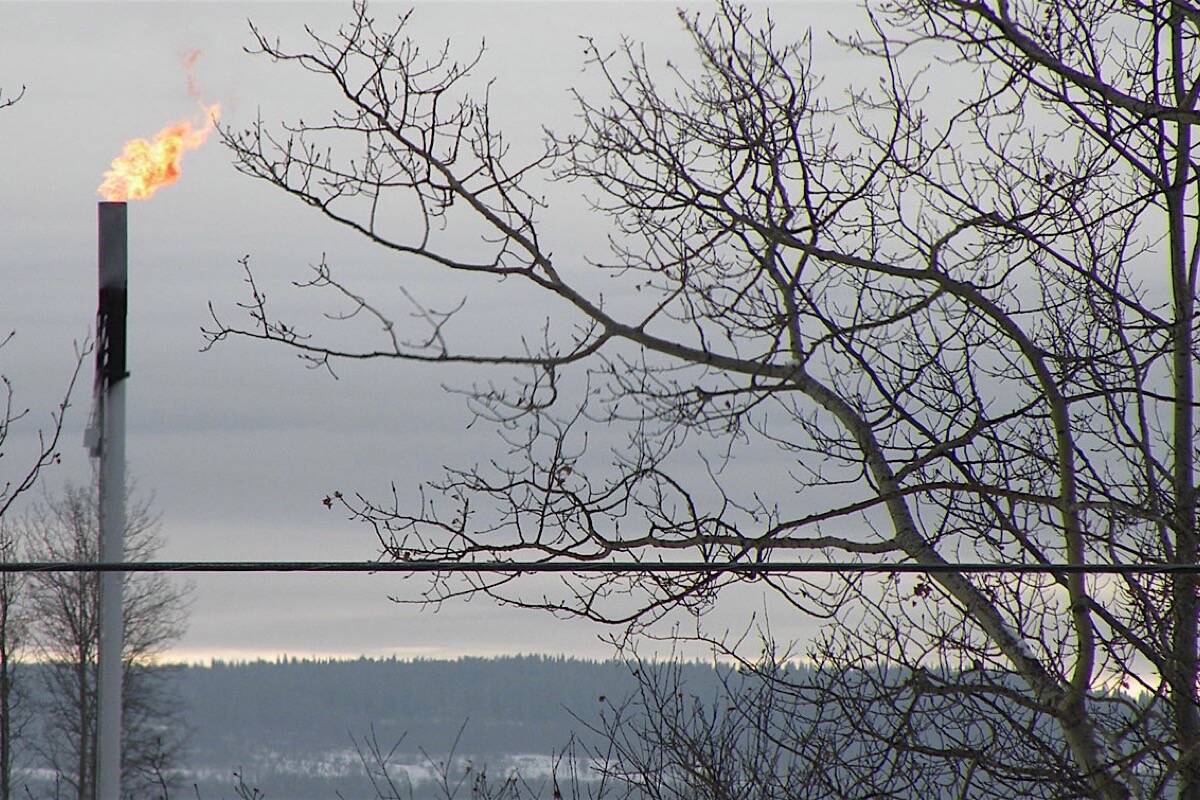The B.C. government and Blueberry River First Nations have agreed to a preliminary treaty rights deal that will allow most permitted gas, forestry and land projects to carry on while the parties work out a settlement to violations of the historic treaty that covers the Peace River region.
The agreement allows 195 provincially permitted works to continue, and suspends 20 others, Indigenous Relations Minister Murray Rankin and Blueberry River Chief Marvin Yahey announced Thursday. The deal also provides $65 million to fund work to “heal the land” and create jobs with land and water reclamation, and work to recover cultural and trapping activities protected by the treaty.
“It has been a long battle and total vindication of Blueberry’s position,’ Yahey said Oct. 7. “But now, with this ruling, we finally see government taking the historic importance of this moment seriously. We are pleased to sit here with government today to announce a good faith first step in the journey to begin to heal the land, while supporting stability in our region.”
B.C.’s huge investment in liquefied natural gas exports to Asia was shaken in early July by a B.C. Supreme Court ruling that found decades of forest, oil and gas development in the Fort St. John area violated the terms of Treaty 8. The treaty was signed in 1899 with Indigenous people in a vast area of northeast B.C. and Alberta that are now the heart of natural gas development.
The lawsuit was brought by the Blueberry River First Nations, which showed that more than 80 per cent of its territory is within 500 metres of an industrial disturbance, including resource roads, oil and gas wells and the dams on the Peace River. The ruling gives the province six months to work out a settlement, or stop permits for further industrial development in Blueberry River territory.
RELATED: B.C.’s gas well cleanup effort shifts to Indigenous sites
RELATED: Pipeline, rail blockades follow B.C.’s Indigenous law
@tomfletcherbc
tfletcher@blackpress.ca
Like us on Facebook and follow us on Twitter.

